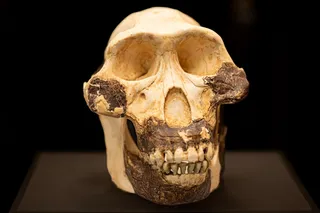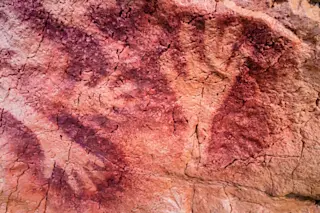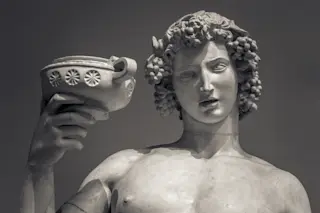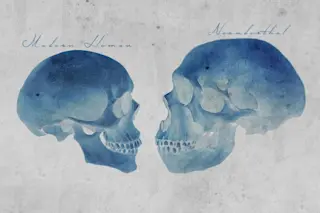A few days ago a friend was asking me about Aziz Ansari, the brown American comedian who grew up in South Carolina, and is of Tamil Muslim heritage. Since I don't watch Parks and Recreation, I knew about him mostly through the Sepia Mutiny weblog. Some of the comments there indicated that Ansari was a practicing Muslim. That did not surprise me, South Asians are very religious. In particular, group religious identity matters a great deal to people whose origins are in Indian and Islamic civilization (and their intersection). This is in contrast to East Asians, for whom group religious identity matters far less. It is notable that the most Sinic Southeast Asian nation, Vietnam, is closest to the East Asian model, with no single organized supernatural tradition being identified with the national consciousness. In contrast the more Indic mainland Southeast Asians, and those of maritime Southeast Asia, do fuse ...
Aziz Ansari is not a Muslim, he is an atheist
Explore the complexities of Aziz Ansari's identity as an American comedian with South Asian roots and his public stance on atheism.
More on Discover
Stay Curious
SubscribeTo The Magazine
Save up to 40% off the cover price when you subscribe to Discover magazine.
Subscribe












